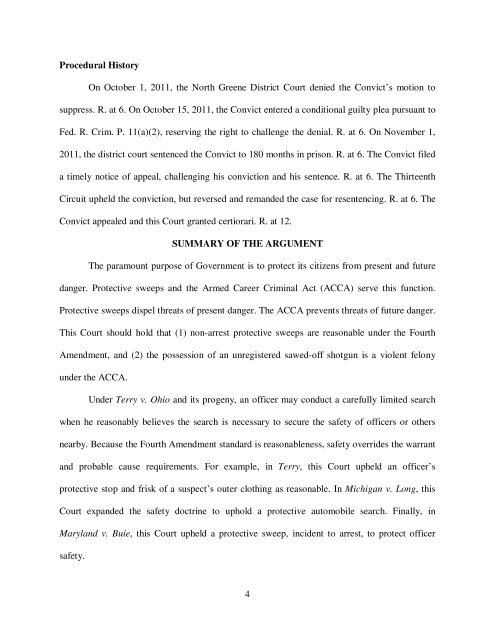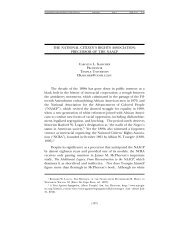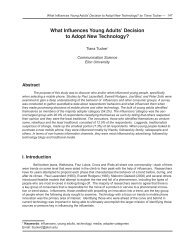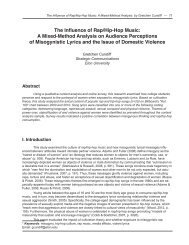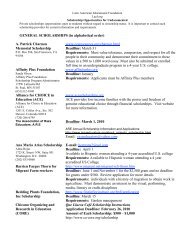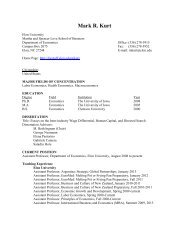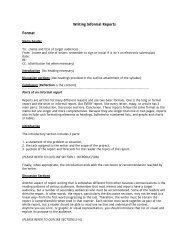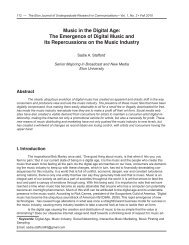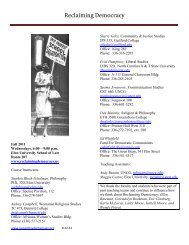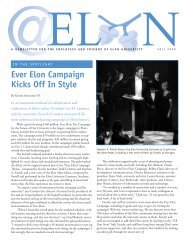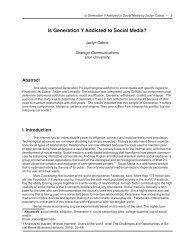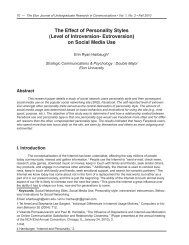In the Supreme Court of the United States In the Supreme Court of ...
In the Supreme Court of the United States In the Supreme Court of ...
In the Supreme Court of the United States In the Supreme Court of ...
Create successful ePaper yourself
Turn your PDF publications into a flip-book with our unique Google optimized e-Paper software.
Procedural History<br />
On October 1, 2011, <strong>the</strong> North Greene District <strong>Court</strong> denied <strong>the</strong> Convict’s motion to<br />
suppress. R. at 6. On October 15, 2011, <strong>the</strong> Convict entered a conditional guilty plea pursuant to<br />
Fed. R. Crim. P. 11(a)(2), reserving <strong>the</strong> right to challenge <strong>the</strong> denial. R. at 6. On November 1,<br />
2011, <strong>the</strong> district court sentenced <strong>the</strong> Convict to 180 months in prison. R. at 6. The Convict filed<br />
a timely notice <strong>of</strong> appeal, challenging his conviction and his sentence. R. at 6. The Thirteenth<br />
Circuit upheld <strong>the</strong> conviction, but reversed and remanded <strong>the</strong> case for resentencing. R. at 6. The<br />
Convict appealed and this <strong>Court</strong> granted certiorari. R. at 12.<br />
SUMMARY OF THE ARGUMENT<br />
The paramount purpose <strong>of</strong> Government is to protect its citizens from present and future<br />
danger. Protective sweeps and <strong>the</strong> Armed Career Criminal Act (ACCA) serve this function.<br />
Protective sweeps dispel threats <strong>of</strong> present danger. The ACCA prevents threats <strong>of</strong> future danger.<br />
This <strong>Court</strong> should hold that (1) non-arrest protective sweeps are reasonable under <strong>the</strong> Fourth<br />
Amendment, and (2) <strong>the</strong> possession <strong>of</strong> an unregistered sawed-<strong>of</strong>f shotgun is a violent felony<br />
under <strong>the</strong> ACCA.<br />
Under Terry v. Ohio and its progeny, an <strong>of</strong>ficer may conduct a carefully limited search<br />
when he reasonably believes <strong>the</strong> search is necessary to secure <strong>the</strong> safety <strong>of</strong> <strong>of</strong>ficers or o<strong>the</strong>rs<br />
nearby. Because <strong>the</strong> Fourth Amendment standard is reasonableness, safety overrides <strong>the</strong> warrant<br />
and probable cause requirements. For example, in Terry, this <strong>Court</strong> upheld an <strong>of</strong>ficer’s<br />
protective stop and frisk <strong>of</strong> a suspect’s outer clothing as reasonable. <strong>In</strong> Michigan v. Long, this<br />
<strong>Court</strong> expanded <strong>the</strong> safety doctrine to uphold a protective automobile search. Finally, in<br />
Maryland v. Buie, this <strong>Court</strong> upheld a protective sweep, incident to arrest, to protect <strong>of</strong>ficer<br />
safety.<br />
4


